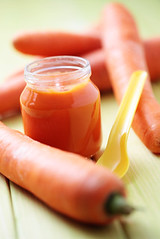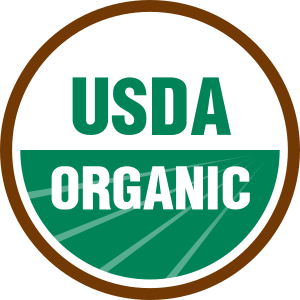| Disposable diaper, size 12-25kg/26-55lb. (Photo credit: Wikipedia) |
- Disposable diapers are extremely convenient, no doubt about it. It makes changing your infant a quick and easy process. When you’re shopping and you have to change a messy cloth diaper, you don’t get to just drop it in the garbage, you have to haul it around with you. Ick!
- Disposable diapers may seem to fit better. The adjustable adhesive fasteners make it easy to fit any size or shape baby. This is not always so with a cloth diaper which always seems to stretch out once you have it on your child and certainly more so once it’s been soiled.
Disposable Diaper Cons
- Disposable diapers are petroleum-based products, which means they’re just downright awful for the environment. Carbon emissions are created in the manufacturing of disposable diapers, fuel is used in the transportation from manufacturer to store and diapers don’t biodegrade but sit in landfills for decades. (Yes, decades!)
- Disposable diapers also contain a number of chemicals, which may harm an infant’s sensitive skin - remember that an infant's skin is much thinner than an adult's, meaning they are absorbing a lot of the chemicals from diapers into their bodies. Double ick!
- Disposable diapers are more expensive than cloth diapers even if you have a diaper service.
Cloth Diaper Pros
| Baby in cloth diaper. (Photo credit: Wikipedia) |
- Cloth diapers can be environmentally sound, particularly if you purchase organic cotton diapers. And while cloth diapers have to be laundered, which does contaminate the water supply and use water, they can be washed with biodegradable detergent. This makes them more environmentally friendly than disposable. However, if you have a diaper service then you’ll also have to weigh in the fact that delivery is contributing to greenhouse gases.
- Cloth diapers, if they’re organic, don’t have harmful chemicals in them which means they’re not going to be as likely to irritate your baby’s skin - or contribute to increasing the toxins in his or her body.
- Cloth diapers don’t fill landfills. They’re reusable.
- Cloth diapers are generally a lot less expensive than disposable over time.
Cloth Diaper Cons
- They’re inconvenient, particularly for moms on the go.
- They don’t necessarily fit as well, though some cloth diapers being manufactured today do have a better fit and fastening system than the old rectangle and diaper pin method. (In fact, many are now made with elastic leg bands and velcro fasteners, making them as easy to put on and take off as disposable diapers.)
- If cloth diapers are not organic, then the cotton used to make them is grown and harvested with pesticides, chemical fertilizers and other environmentally harmful chemicals.
Wrapping it all up
Disposable diapers are more convenient, though more expensive and they are generally an environmentally unfriendly practice. There are some more natural disposable diapers (such as gDiapers
A Few Eco-Diaper Choices:







